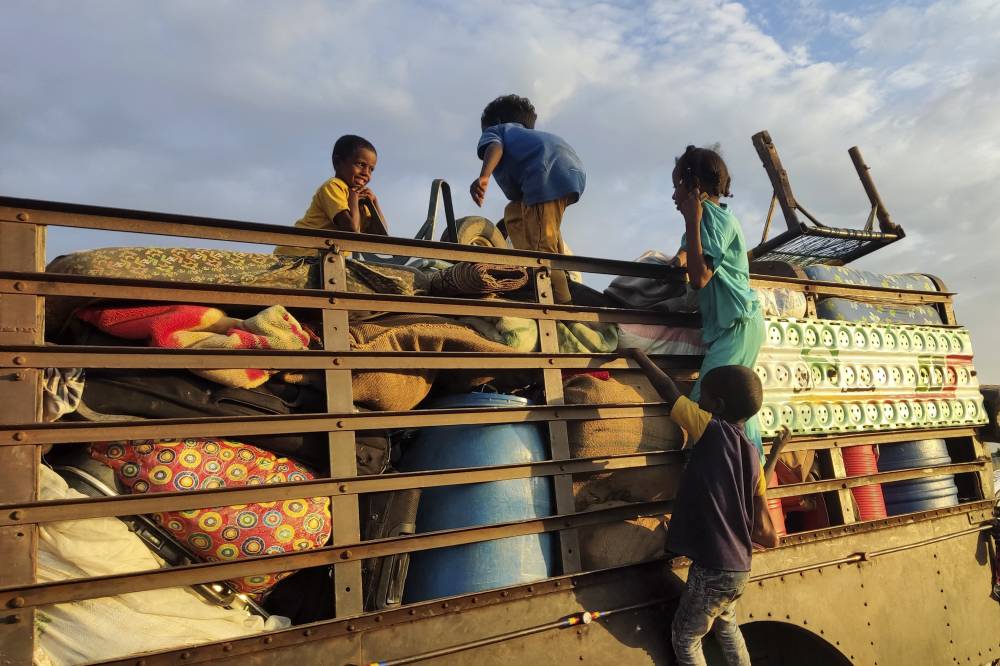World Children's Day: A call for celebration, not survival, says Unicef
This year’s observance, however, comes under a dark cloud, highlighting the plight of children caught in the crossfire of global crises.

GENEVA - World Children's Day this year, for millions of children around the globe, is not about celebration but survival, Anadolu Agency (AA) quoted a Unicef spokesperson as saying, warning that conflicts, climate crises, and systemic neglect are devastating young lives.
"World Children's Day should be a day of celebration and a day of reflection. For those children in Gaza and Lebanon, their day is about survival, not celebration," said James Elder.
Five million children are affected in Sudan, with one million under the age of five displaced by violent upheaval, he said.
"In Ukraine, we've seen attacks escalate heavily."
"It will be a very, very heavy day," he said on the eve of the internationally observed day.
From wars to mental health crises to climate challenges, "those who pretend to be leaders have a huge amount to do," he said, underlining the issue of impunity.
World Children's Day, established by the UN in 1954, is observed annually on Nov 20 to promote international togetherness, awareness of children’s rights, and actions to improve their welfare.
It also marks the anniversary of the adoption of the Declaration of the Rights of the Child in 1959 and the Convention on the Rights of the Child in 1989.
This year’s observance, however, comes under a dark cloud, highlighting the plight of children caught in the crossfire of global crises.
Elder urged world leaders to uphold their commitments under international humanitarian law and treaties to protect children and prioritise their well-being.
"Spend 10 minutes on World Children's Day reflecting on what it would be like if it was their seven-year-old daughter or their 15-year-old son enduring these horrors, and how they would then respond.
Perhaps they might use their positions of influence to respond accordingly," he stressed.
While crises in the Gaza Strip, Lebanon, and Sudan dominate the headlines, Unicef emphasised the importance of addressing all children's struggles globally.
"There are children living in poverty in South Africa, orphans in Malawi, children enduring labour in Bangladesh, and mental health crises in Sydney. A child is a child, no matter where they are," said Elder.
He added that people with influence in those settings and local government families need to pause on World Children's Day and see what more they can do to improve the lives of the children around them.
Regarding the challenges faced by the media and international organisations in ensuring balanced attention to children in need globally -- as new conflicts overshadow previous crises - he said.
"The evidence and data are there, but the news cycle is often more hysterical than substantial.
"If we have serious hopes for a better coming 10 or 20 years, then psychological and physical investments must be made." - BERNAMA









